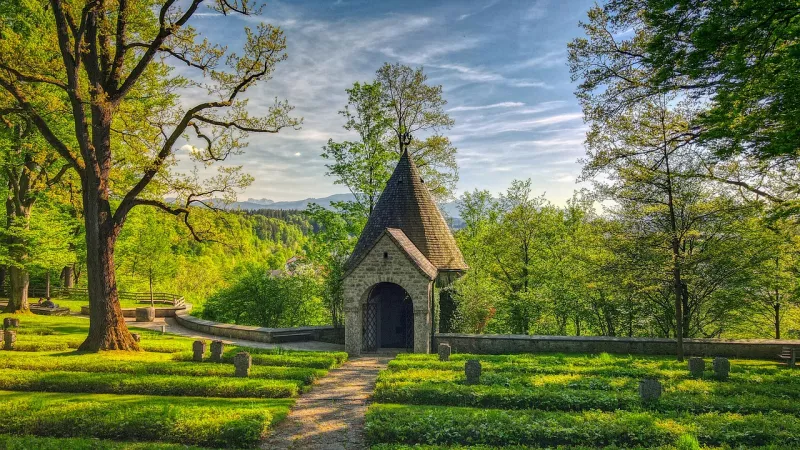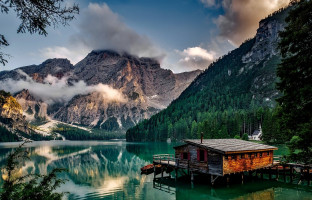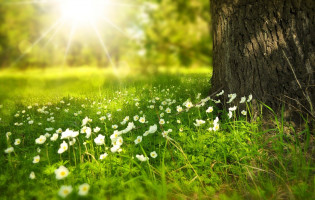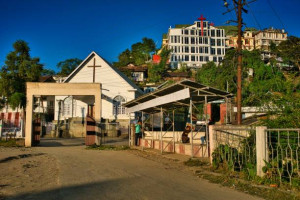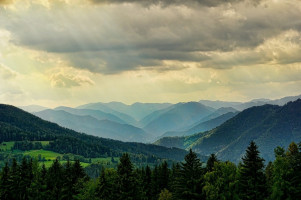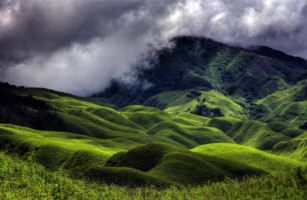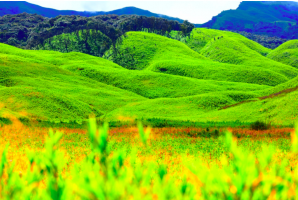Kohima War Cemetery Travel Guide
Kohima, the capital city of Nagaland in northeastern India, holds great historical significance as the site of the Battle of Kohima during World War II. Nestled amidst the Naga hills, the city boasts a rich cultural heritage with a blend of tribal traditions and modern influences. Kohima is famous for its serene landscapes, vibrant festivals, and warm hospitality that attracts travelers from around the world.Top Attractions in Kohima
- War Cemetery and Memorial
- Dzukou Valley
- Kisama Heritage Village
- Naga Bazaar
- Shilloi Lake
Kohima is Famous for
Kohima is most famous for the historic Battle of Kohima, known as the "Stalingrad of the East," where Allied forces successfully halted the Japanese advancement during World War II.Top Attractions in Kohima
- Exploring the War Cemetery and Memorial
- Trekking in the picturesque Dzukou Valley
- Immersing in the cultural heritage at Kisama Heritage Village
- Shopping for traditional Naga handicrafts at Naga Bazaar
- Boating and picnicking at the tranquil Shilloi Lake
What's Great about Travelling to Kohima?
- Experience the rich Naga tribal culture
- Scenic beauty of the Naga hills
- Historical significance of World War II sites
What's Not So Great about Travelling to Kohima?
- Limited connectivity and infrastructure
- Challenging terrain for travelers with mobility issues
- Remote location may not appeal to all types of travelers
Travel Tips for Kohima
- Ensure to respect local customs and traditions
- Obtain necessary permits for restricted areas
- Be prepared for varying weather conditions
Important Kohima trip information
- Ideal Duration: 3-4 days
- Best Time to Visit: October to May
- Nearby Airports and Railway Stations: Dimapur Airport and Dimapur Railway Station
Per Person
13,500
*EXCLUDING APPLICABLE TAXES 5.0 Ratings
( 157 Reviews )
( 157 Reviews )
Per Person
17,200
*EXCLUDING APPLICABLE TAXES 5.0 Ratings
( 157 Reviews )
( 157 Reviews )
Per Person
11,000
*EXCLUDING APPLICABLE TAXES 5.0 Ratings
( 157 Reviews )
( 157 Reviews )
Per Person
24,999
*EXCLUDING APPLICABLE TAXES 5.0 Ratings
( 157 Reviews )
( 157 Reviews )
Per Person
18,500
*EXCLUDING APPLICABLE TAXES 5.0 Ratings
( 157 Reviews )
( 157 Reviews )
Per Person
28,000
*EXCLUDING APPLICABLE TAXES 5.0 Ratings
( 157 Reviews )
( 157 Reviews )
FAQ's on Kohima War Cemetery
Q1: What is the best time to visit Kohima War Cemetery?
The best time to visit Kohima War Cemetery is during the months of October to May when the weather is pleasant and ideal for exploring the site. Avoid the monsoon season from June to September due to heavy rainfall that may hinder travel plans.
Q2: Do I need a visa to travel to Kohima War Cemetery?
Most visitors to Kohima War Cemetery will need a tourist visa to enter the country. Check with the local embassy or consulate for specific visa requirements based on your nationality. Some countries may have visa exemptions or visa on arrival facilities for short visits.
Q3: What are the must-visit attractions in Kohima War Cemetery?
Kohima War Cemetery is a significant historical site, but visitors should also explore the nearby Kohima Village, the State Museum, and the picturesque Dzukou Valley for a complete experience of the region.
Q4: Is Kohima War Cemetery a safe place to travel?
Kohima War Cemetery is generally safe for tourists, but it's advisable to stay aware of your surroundings, especially at night. Avoid isolated areas and be cautious of pickpockets in crowded places.
Q5: What is the local currency in Kohima War Cemetery and can I use credit cards?
The local currency in Kohima War Cemetery is the Indian Rupee (INR). While credit cards are accepted in some hotels and larger establishments, it's recommended to carry cash for smaller purchases. ATMs are available in the city for easy access to funds.
Q6: What is the local cuisine like in Kohima War Cemetery?
offers a variety of local Naga cuisine, known for its spicy and flavorful dishes. Don't miss trying dishes like smoked pork with bamboo shoots, akhuni (fermented soybean), and rice beer for an authentic culinary experience.
Q7: What transportation options are available in Kohima War Cemetery?
Transportation options in Kohima War Cemetery include local buses, taxis, and car rentals. Exploring the city on foot is also a great option to soak in the local culture and sights. Plan your travel in advance to avoid any inconvenience.
Q8: Are there any cultural norms or etiquette I should be aware of when visiting Kohima War Cemetery?
When visiting Kohima War Cemetery, it's important to respect the local customs and traditions. Dress modestly, especially when visiting religious sites, and greet locals with a polite "hello" or "good morning". Avoid taking photographs without permission in sensitive areas to show cultural respect.
Q9: I am a travel agent. How can I buy travel leads of Kohima War Cemetery?
Register yourself as a travel agent at agents.tripclap.com and then you can buy travel leads to Kohima War Cemetery once your account is approved. For more details contact our support team at +91-8069186564 or support@tripclap.com
